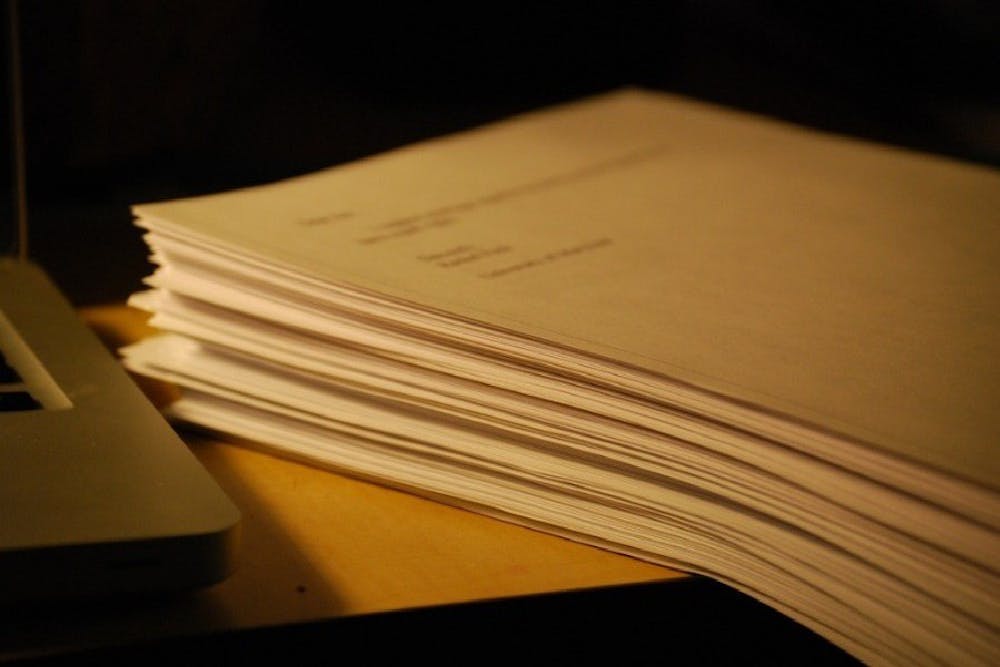By Dmitriy Garmatyuk, Professor, electrical and computer engineering
In response to the article titled "Panel on Russia and Ukraine hits home for MU students and staff," which was published in the Tuesday, September 16 issue.
I read the article on Russia-Ukraine conflict with interest (regretfully, I was not aware of the panel event itself, otherwise I would have tried to attend). The topic is fairly close to me, since I was born and raised in a Russian town less than 35 miles from the Russia-Ukraine border. I have relatives still living there, as well as those who live on the other side of the border. I follow this war and the rapidly changing situation in both countries on a daily basis, via the US, European and Russian media, including multiple blogs written by Russians and Ukrainians living both in their countries and abroad. I would consider myself fairly well versed in the history and the present state of this conflict.
What surprised me about the article was a flair of uncertainty or even equivocation. Now, predilection of us, academics, for careful critical analysis and intellectual investigation of matters in question is well known. However, we should also recognize those instances when matters in question are quite clear. In my opinion, it is, for example, the case with the current Russia-Ukraine conflict - it can be summarized, quite simply, in one phrase: It is a war of Russian aggression against Ukraine. Moreover, to focus on one of the quotes from the article regarding "...America has lost the moral right to critique other people for their aggression" - it seems to imply the equivalence of the Russian actions in Ukraine and the US actions in Iraq. While such an equivalence is certainly being offered by the state-controlled Russian propagandist media, it would appear to me that the differences are significant and easy to see. The US did not annex Iraq, it did not expropriate Iraqi assets (such as the oil industry) and it did not make a secret of its plans to invade Iraq with the goal of overthrowing the dictatorship (which dictatorship already had the record of UN resolution violations). Russia, on the other hand, did annex a part of Ukraine, did expropriate Ukrainian assets in the annexed territories and it continues to deny any official involvement of the Russian Army in the war against Ukraine, despite an abundance of proof to the contrary (while the UN resolution 68/262 clearly calls the Russian annexation of Crimea illegal).
Furthermore, the article notes with befuddling casualness that "Both sides are guilty..." I would be interested to hear more - while the issues of the Russian annexation of Crimea, Russian invasion of Eastern Ukraine with regular troops (including airborne and special operations forces) and transfer of Russian weapons (including tanks, heavy and rocket artillery, armored personnel carriers, etc) to the so-called "separatists" in Ukraine are sure indicators of the Putin's government's guilt, it is not easy to me to understand what exactly the Ukraine is guilty of.
In summary, I am glad Miami's students are interested in this topic.
I believe, however, that there is more clarity in the issue of the conflict in Ukraine than the article seemed to have let on.
One example of an excellent resource in that regard, I believe, is a blog (written in Russian) of Andrei Illarionov, who is a former economic policy adviser to President Vladimir Putin and currently is a senior fellow at Cato Institute (he visited Miami with a lecture at Havinghurst in 2011): http://aillarionov.livejournal.com/

